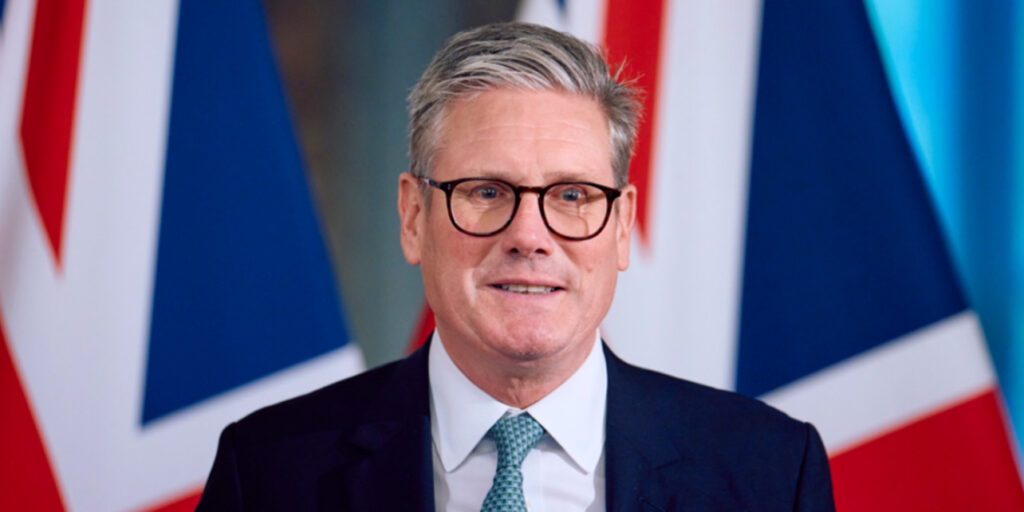Sir Keir Starmer is en route to Brussels to participate in a gathering of European Union (EU) leaders, marking the first visit by a British prime minister since Brexit.
His agenda focuses on enhancing defence and security cooperation, and he is scheduled to meet with NATO Secretary General Mark Rutte.
The UK government has clarified its stance that it will not rejoin the EU’s single market, customs union, or embrace freedom of movement.
However, there is a concerted effort to foster improved ties with the EU in areas such as defence, security, crime, and trade, aiming to finalize agreements at a UK-EU summit projected for late spring.
The discussions are set against the backdrop of ongoing tensions in Ukraine and political dynamics involving the return of Donald Trump to the White House, who has pressured the EU to bolster its defence capabilities.
During his visit, Prime Minister Starmer expressed the UK’s commitment to maintaining pressure on Russia, emphasising economic sanctions and the disruption of supply chains to Russian military operations as critical to peace efforts.
Trump’s recent statements on trade with the UK have highlighted the delicate balance Starmer must navigate between fostering relations with both the EU and the US. After his visit to Brussels, Starmer is expected to travel to the US within the next few weeks.
In addition to security and defence, the UK is exploring deeper cooperation with the EU on serious crime and trade.
Discussions include enhancing the trade of food and animal products, energy cooperation, and potentially linking UK and EU emission trading schemes.
The mutual recognition of professional qualifications and easing travel for touring musicians are also on the agenda.
The EU has proposed a youth mobility scheme, which could facilitate easier travel for young people between the UK and EU, although it may resemble freedom of movement and could be politically sensitive in the UK.
The negotiations, led by Michael Ellam of the Cabinet Office’s “EU Relations Secretariat”, are under scrutiny, with Conservative leader Kemi Badenoch accusing the Labour government of attempting to rekindle past divisions and edge the UK back towards EU integration.
The dialogue continues as Starmer seeks a diplomatic equilibrium, balancing domestic political pressures with international relations.


